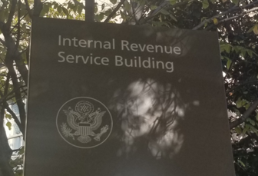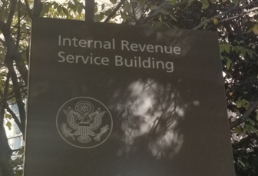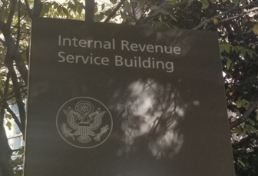Navigating the complexities of taxation requires a well-structured approach to minimize liabilities and maximize financial efficiency. At Haven Tax Group, we specialize in strategic tax planning designed to optimize your financial outcomes while ensuring compliance with the latest tax regulations. By taking a proactive stance, you can effectively reduce tax burdens, enhance cash flow, and position yourself for long-term financial success.
1. Assess Your Tax Bracket Strategically
The U.S. tax system operates on a progressive tax structure, where income is taxed at increasing rates as earnings rise. The current federal tax brackets range from 10% to 37%, and understanding your position within these brackets allows for informed financial planning. Effective tax bracket management—through strategies such as income deferral, tax-advantaged contributions, and deductions—can significantly impact your overall tax liability.
2. Optimize Your Tax Withholding
Periodic withholding adjustments are essential to maintaining financial liquidity and avoiding unnecessary tax obligations. Over-withholding results in large tax refunds—essentially an interest-free loan to the government—whereas under-withholding may lead to penalties. Adjusting your W-4 elections ensures that you retain more of your income throughout the year, optimizing cash flow and reducing tax-time surprises.
3. Leverage Tax-Advantaged Accounts
Maximizing contributions to pre-tax retirement accounts, such as a 401(k) or IRA, can substantially reduce your taxable income while securing your financial future. Contributions to Health Savings Accounts (HSAs) and Flexible Spending Accounts (FSAs) also offer powerful tax-saving opportunities. Utilizing these vehicles strategically can enhance both short-term tax efficiency and long-term wealth accumulation.
Take control of your tax strategy today. Contact Haven Tax Group to explore customized tax-saving solutions tailored to your financial goals.
4. Manage Estimated Tax Payments
For individuals with self-employment income, capital gains, rental income, or significant dividend earnings, quarterly estimated tax payments help avoid penalties and cash flow disruptions. Analyzing your income sources and structuring estimated payments accordingly ensures compliance and prevents last-minute tax burdens.
5. Determine the Optimal Deduction Strategy
Choosing between the standard deduction and itemizing deductions is a critical tax planning decision. Itemized deductions, including mortgage interest, state and local taxes (SALT), charitable contributions, and medical expenses, may provide greater tax savings if they exceed the standard deduction. Conducting a thorough assessment of deductible expenses can uncover opportunities to minimize taxable income.
6. Plan for Tax Obligations in Advance
A well-crafted tax plan accounts for anticipated liabilities throughout the year, ensuring that adequate reserves are in place to meet tax obligations. Proper planning mitigates the risk of penalties, prevents cash flow disruptions, and facilitates long-term wealth management.
7. Maintain Comprehensive Tax Records
Maintaining detailed financial documentation is essential for efficient tax filing and compliance. Organizing records such as receipts, investment transactions, property tax documents, and charitable contributions simplifies tax preparation and enhances audit protection. Leveraging digital recordkeeping solutions can further streamline document management and retrieval.
8. Partner with a Tax Professional for Advanced Strategies
The evolving landscape of tax laws necessitates a partnership with experienced tax advisors who can provide tailored strategies and ensure compliance with the latest regulations. At Haven Tax Group, our expertise in tax planning enables us to develop customized solutions designed to optimize your tax position and enhance financial growth.
Are you ready to take a proactive approach to tax planning? Schedule a consultation with Haven Tax Group today and gain peace of mind knowing your tax strategy is in expert hands.





